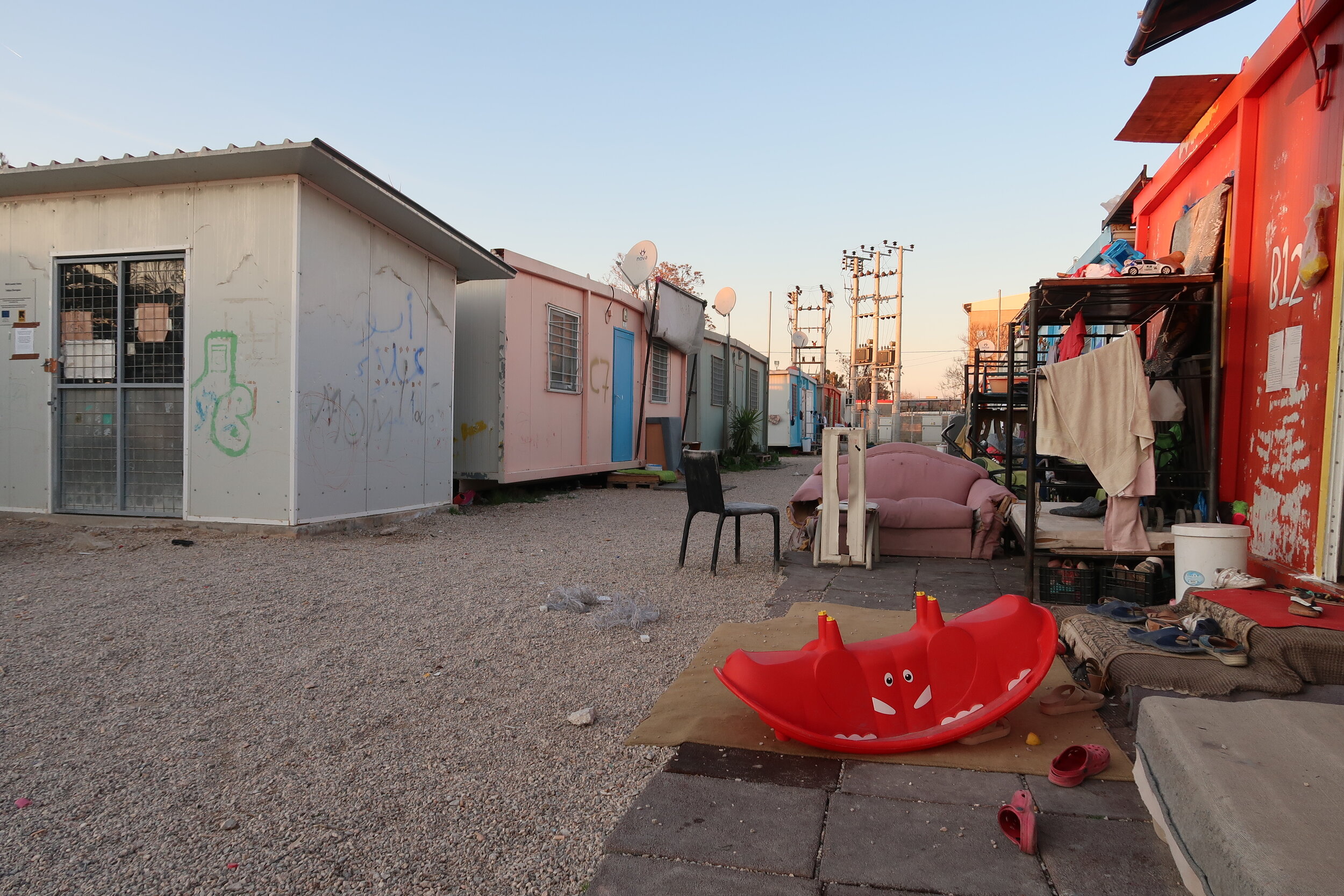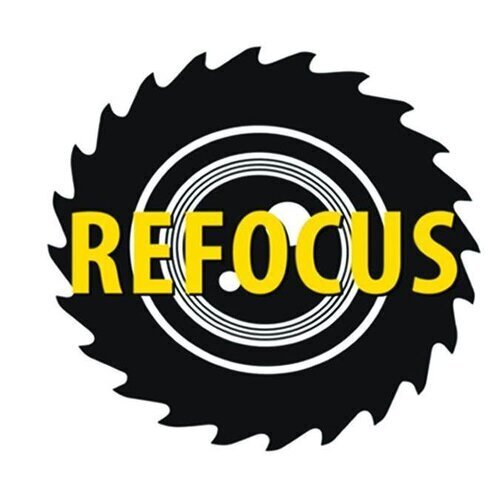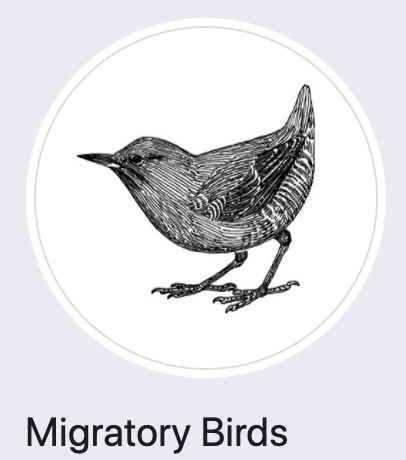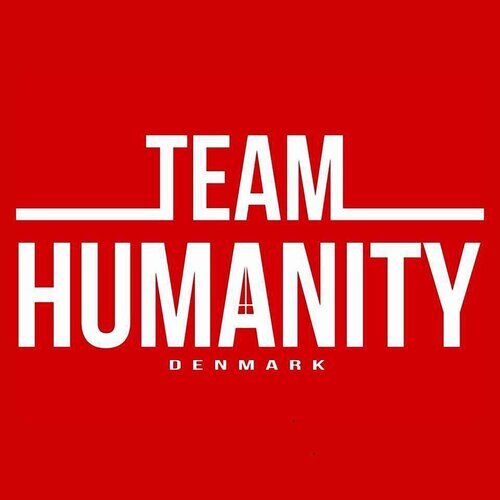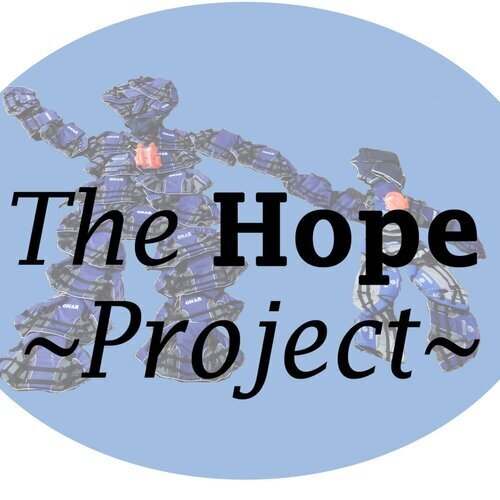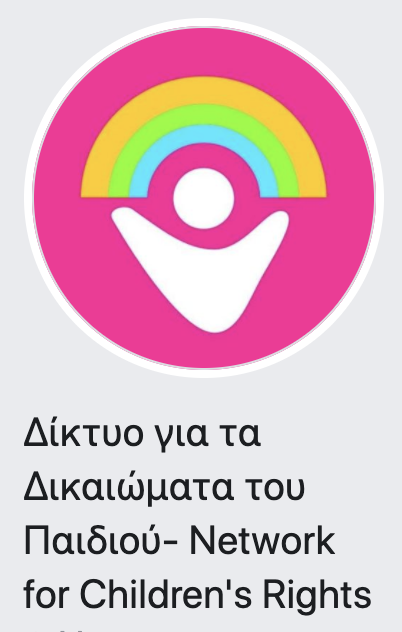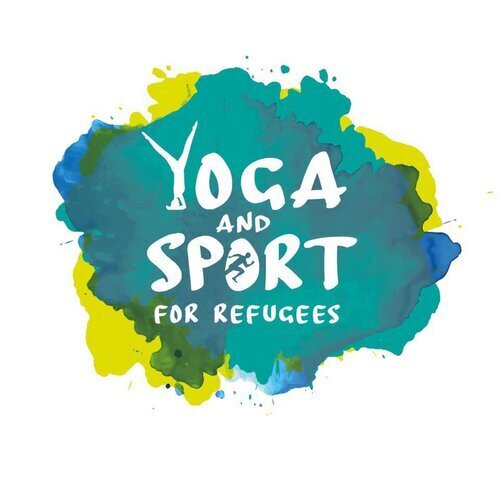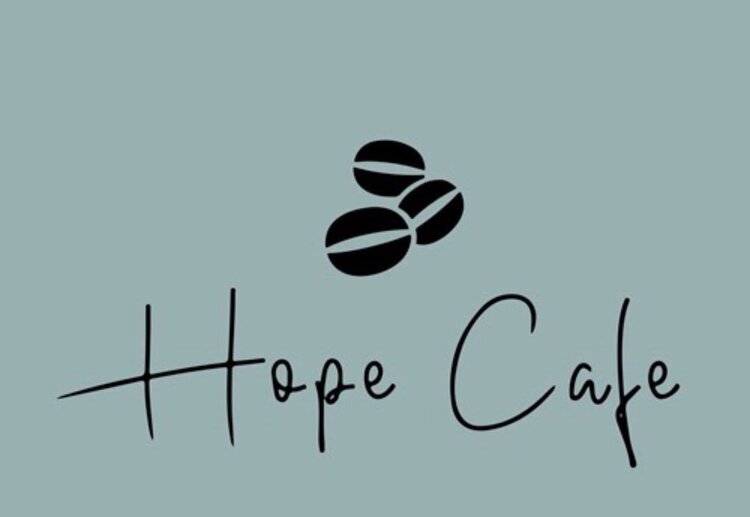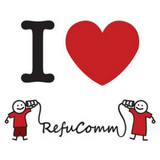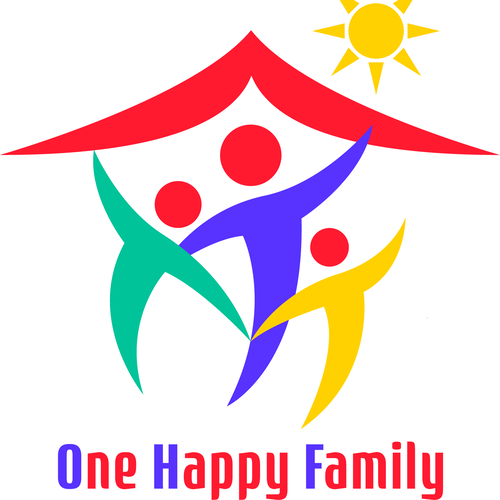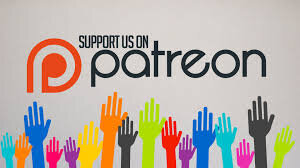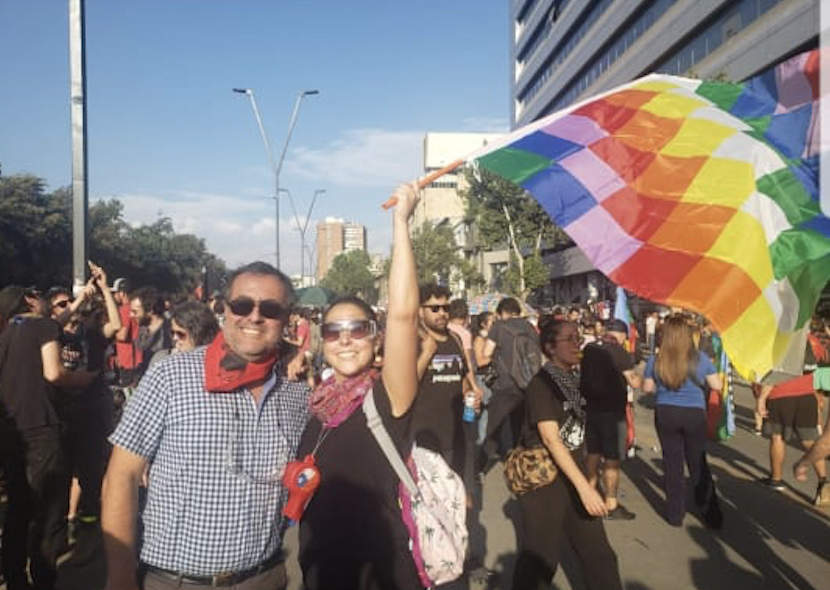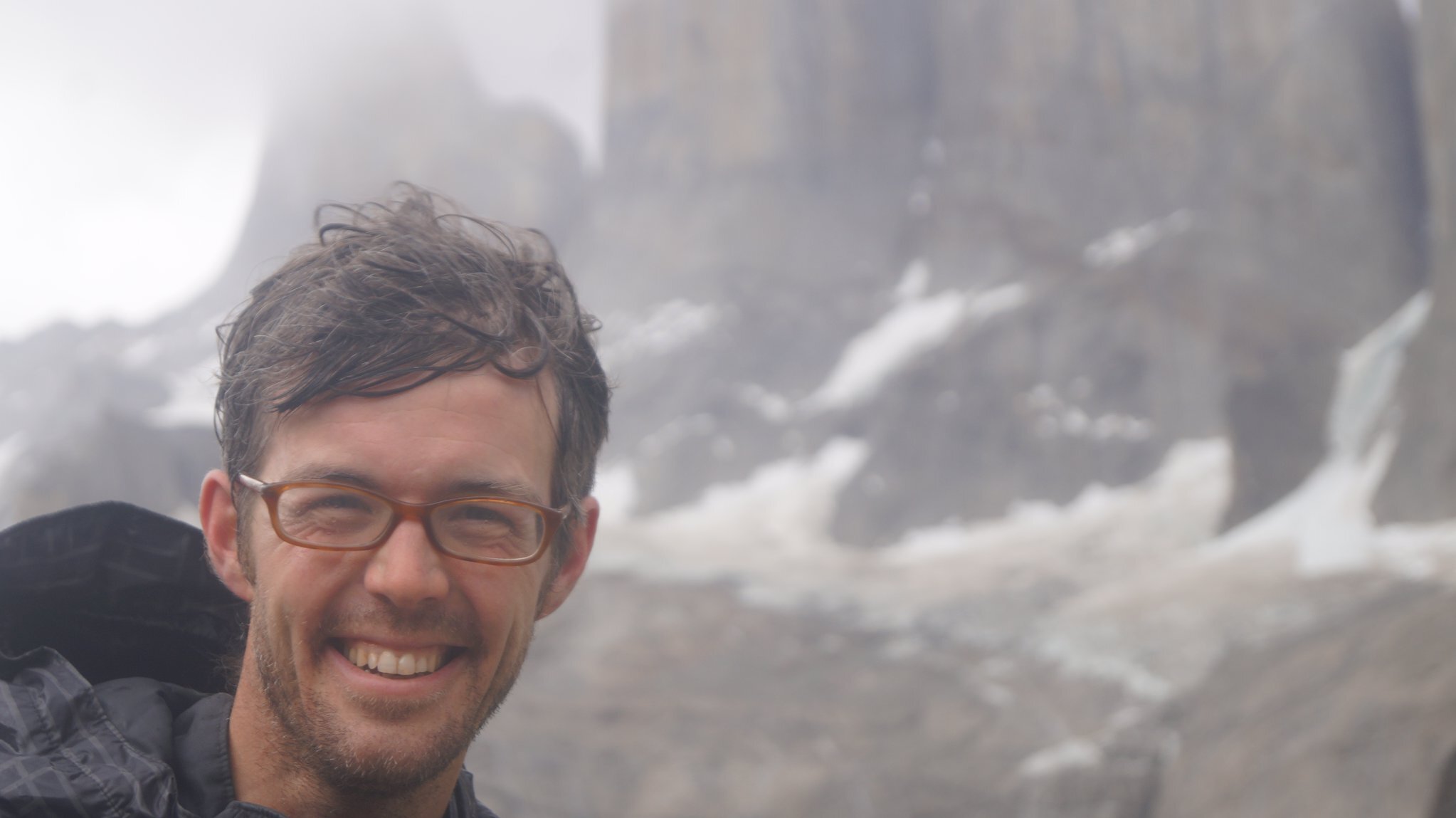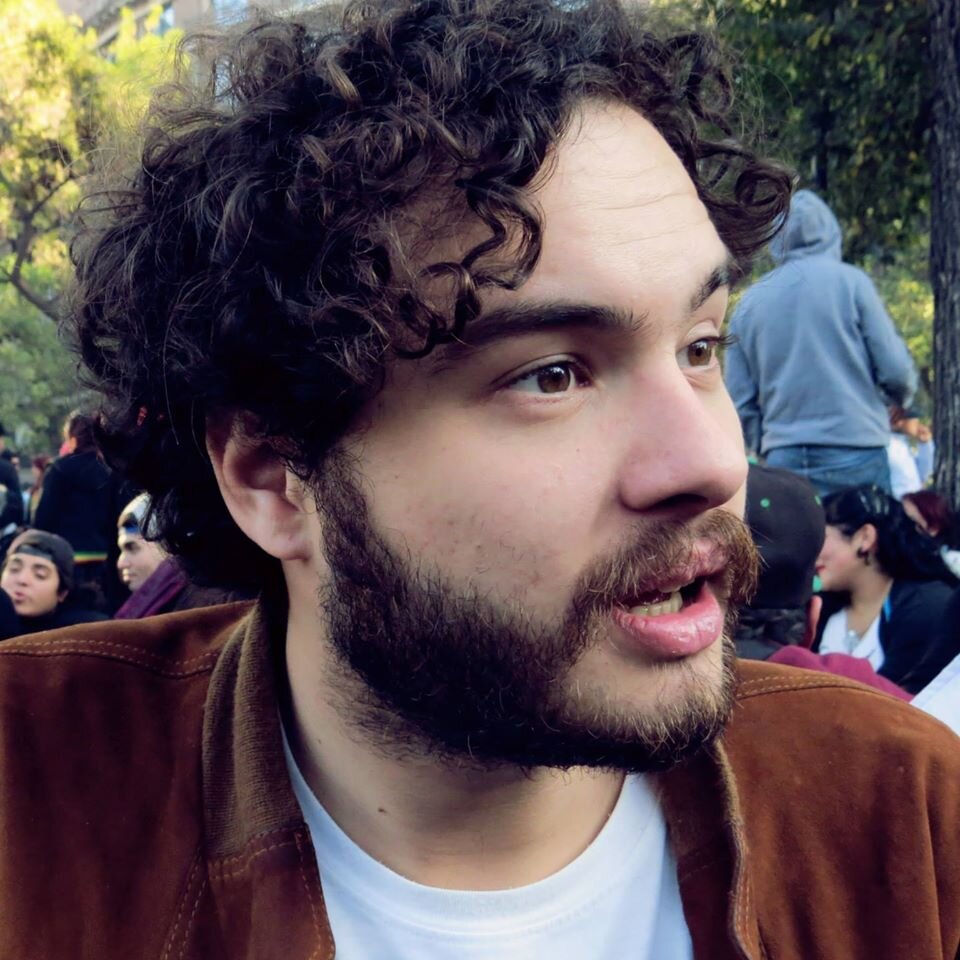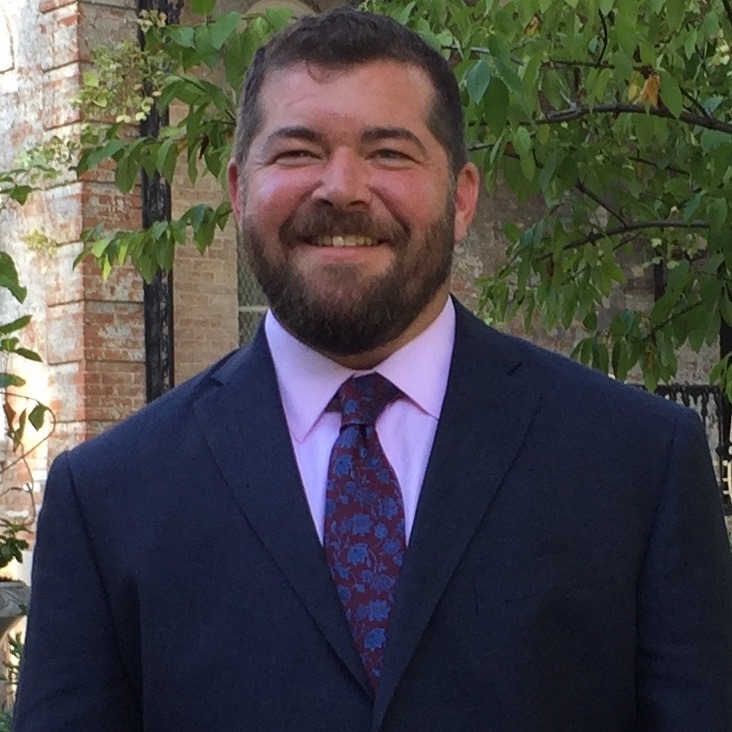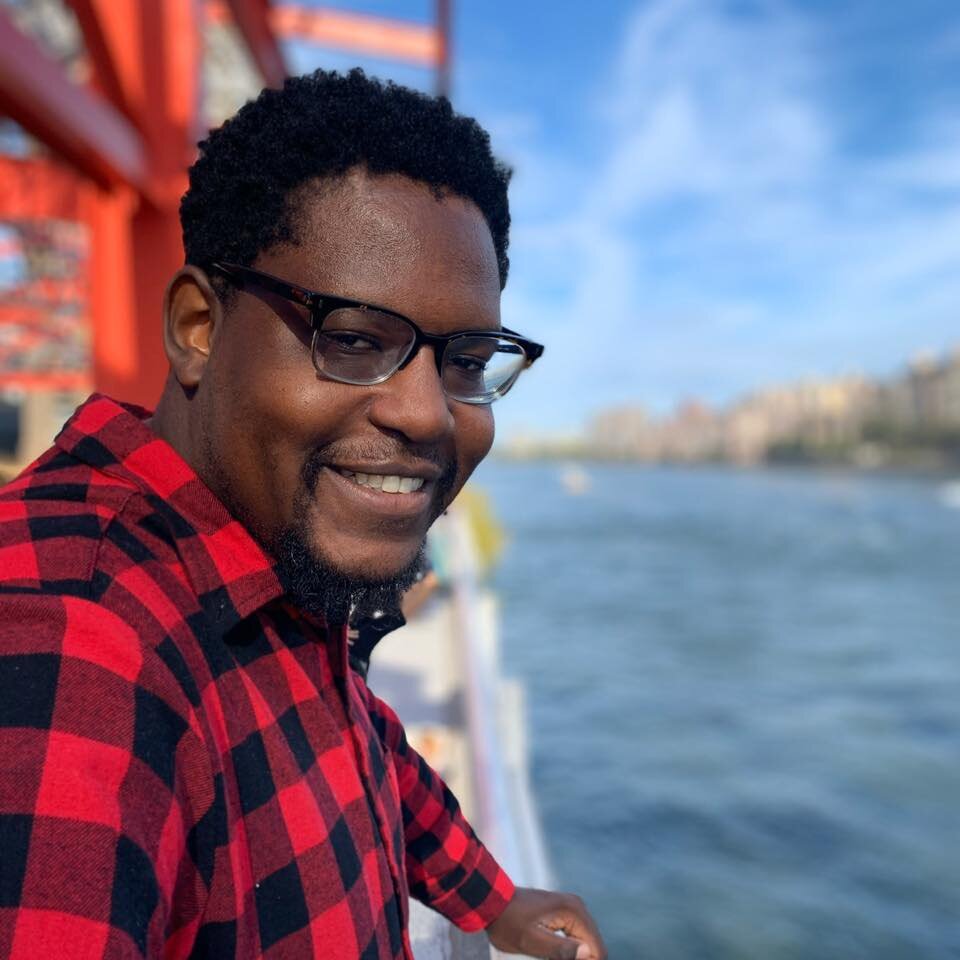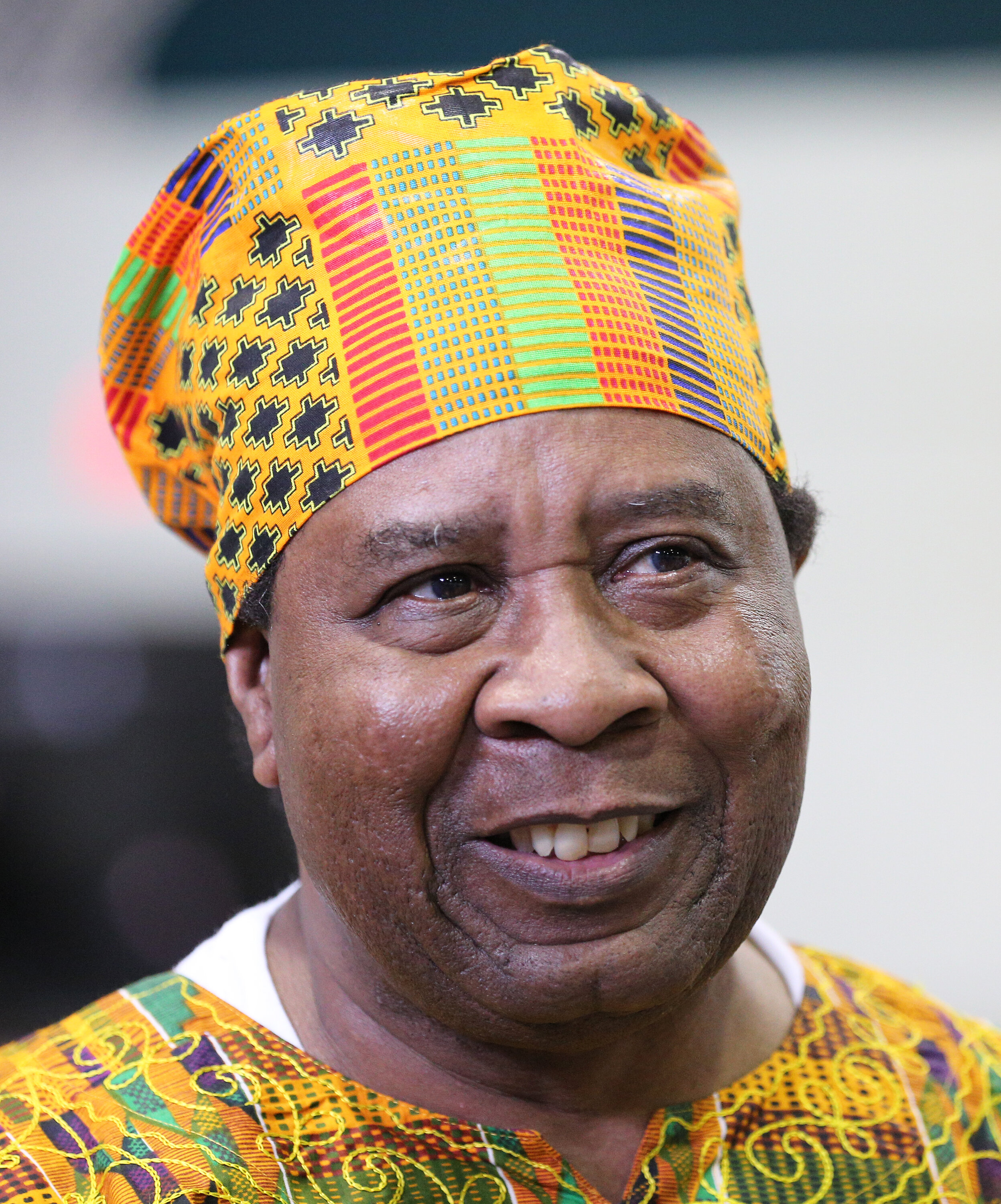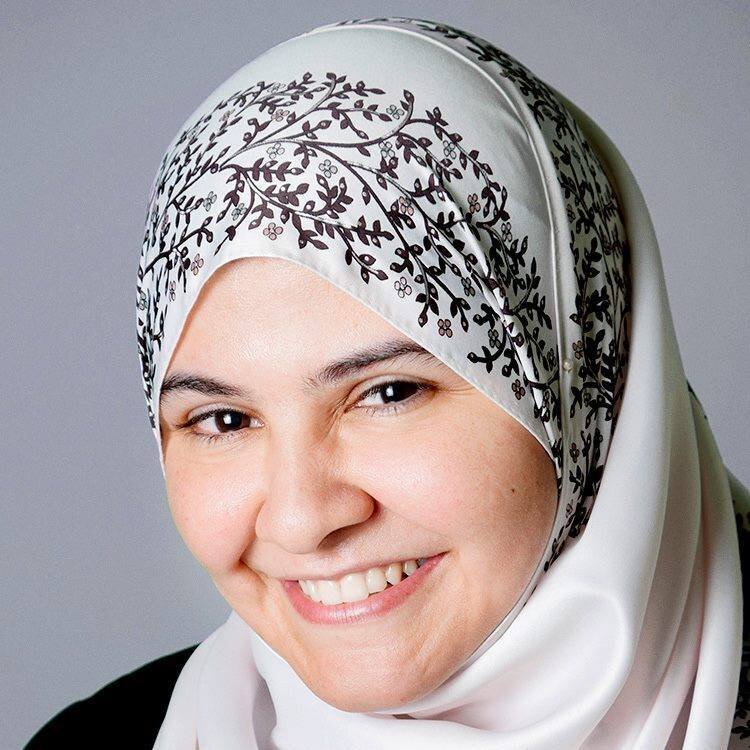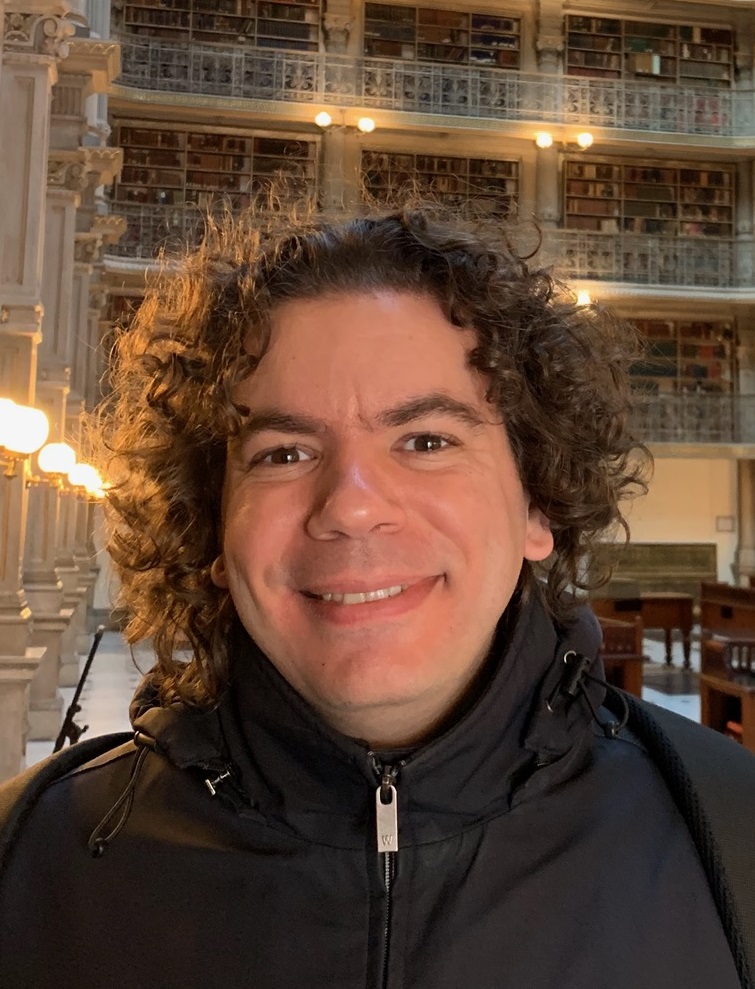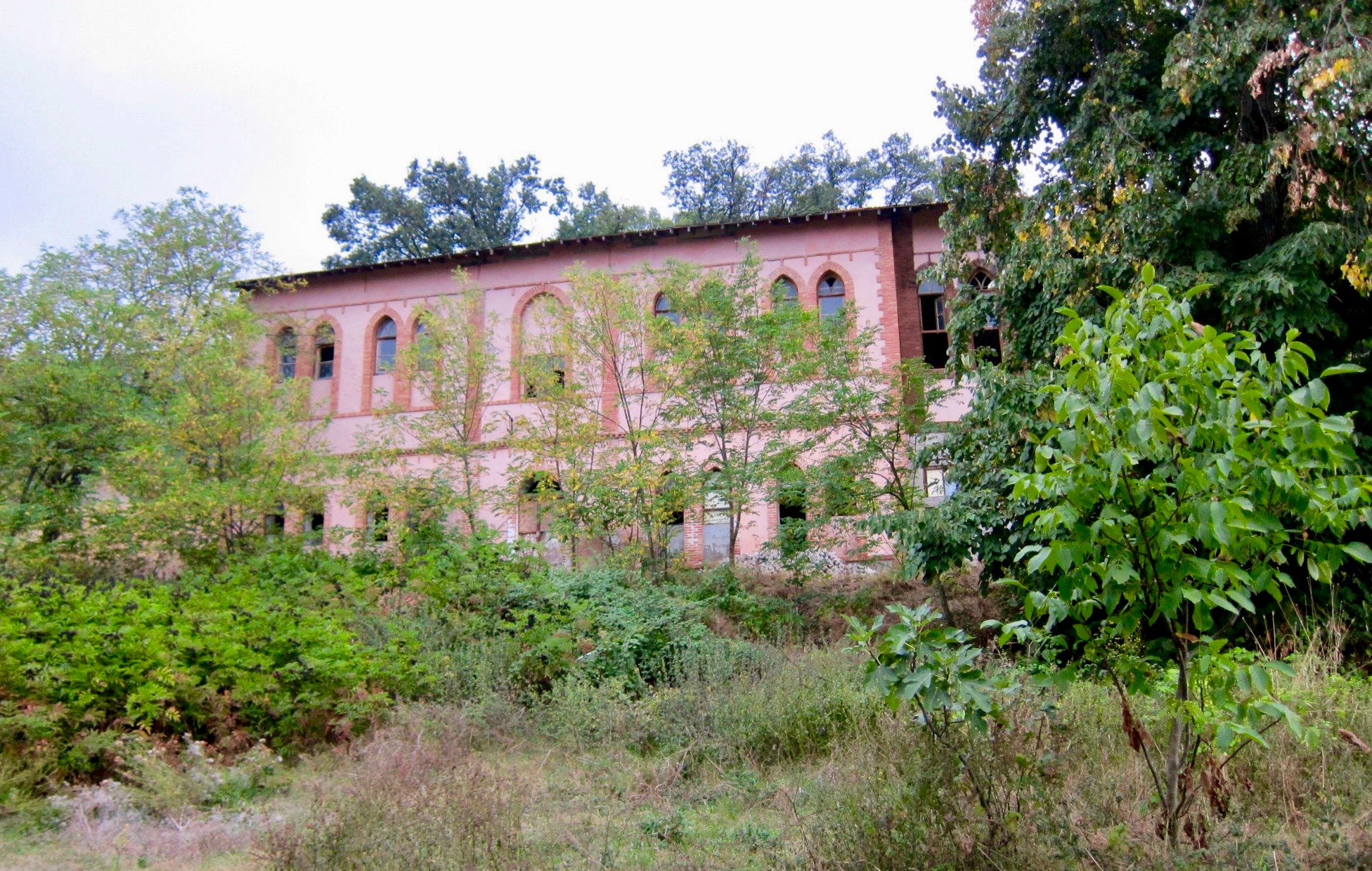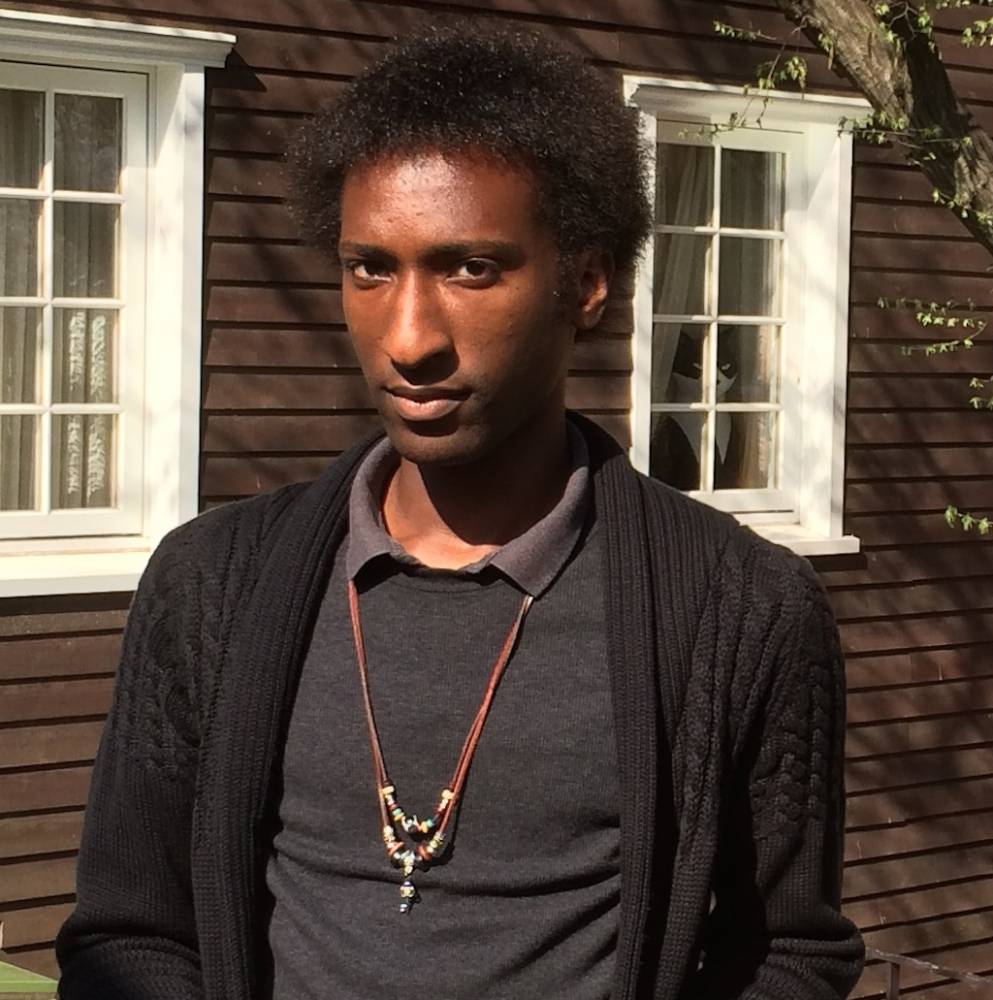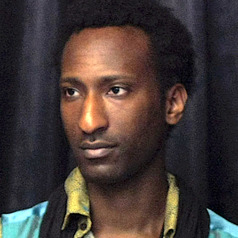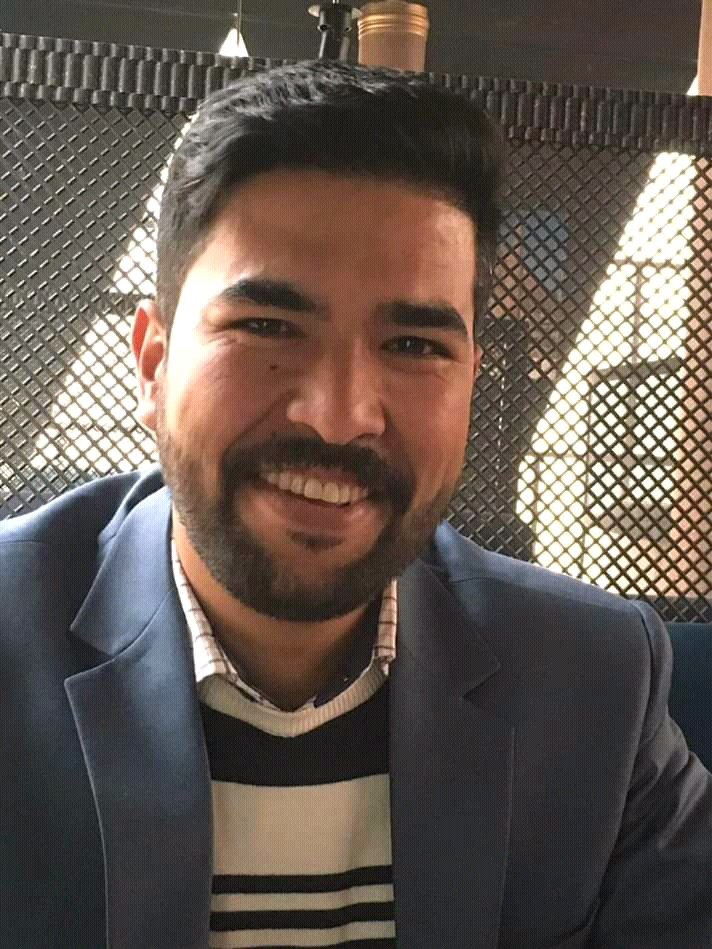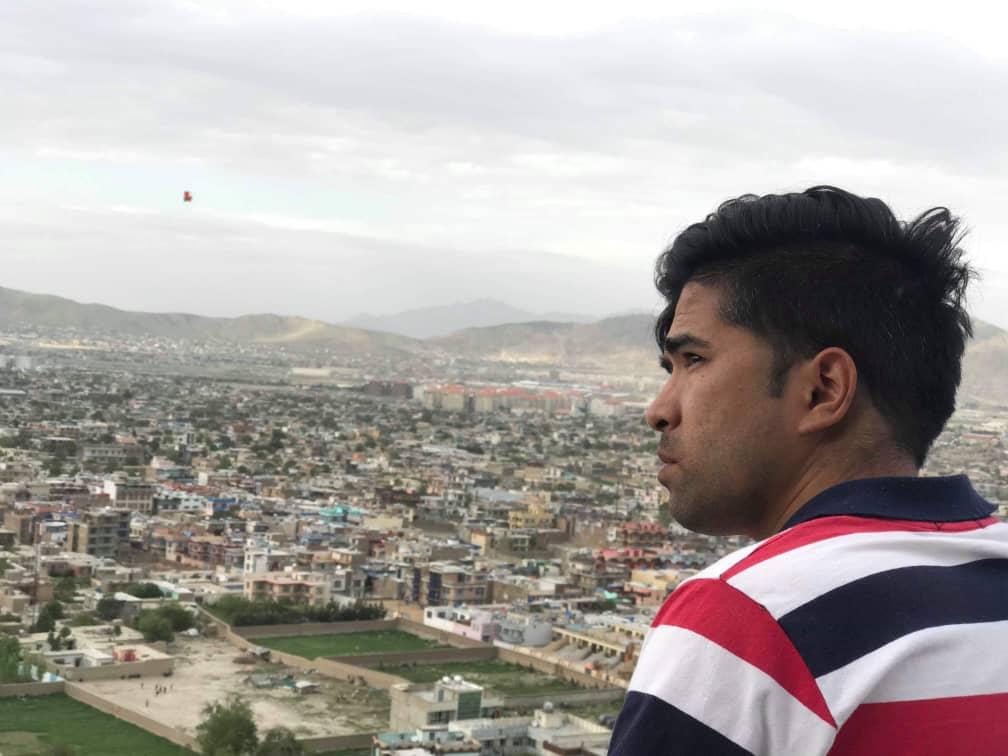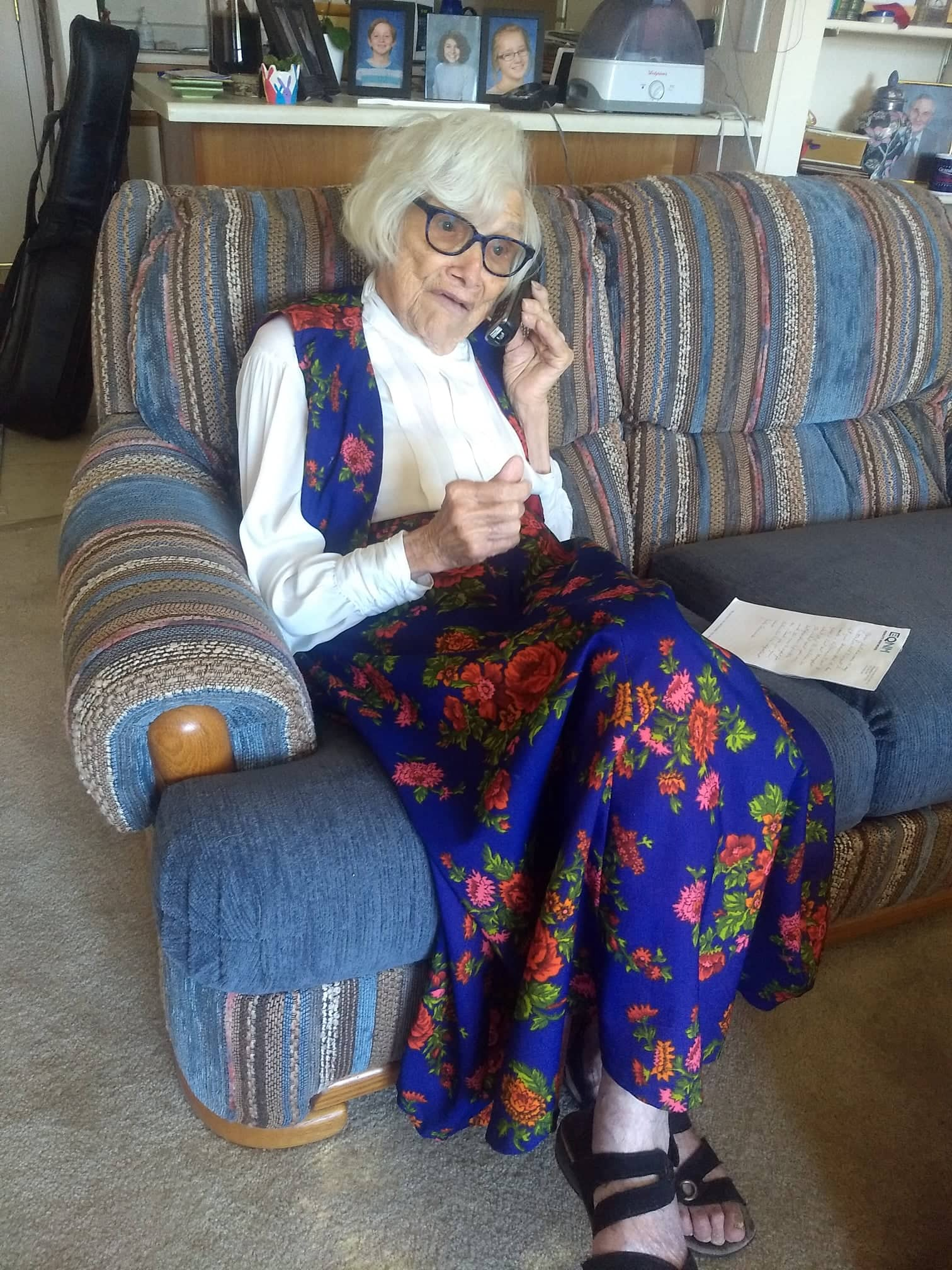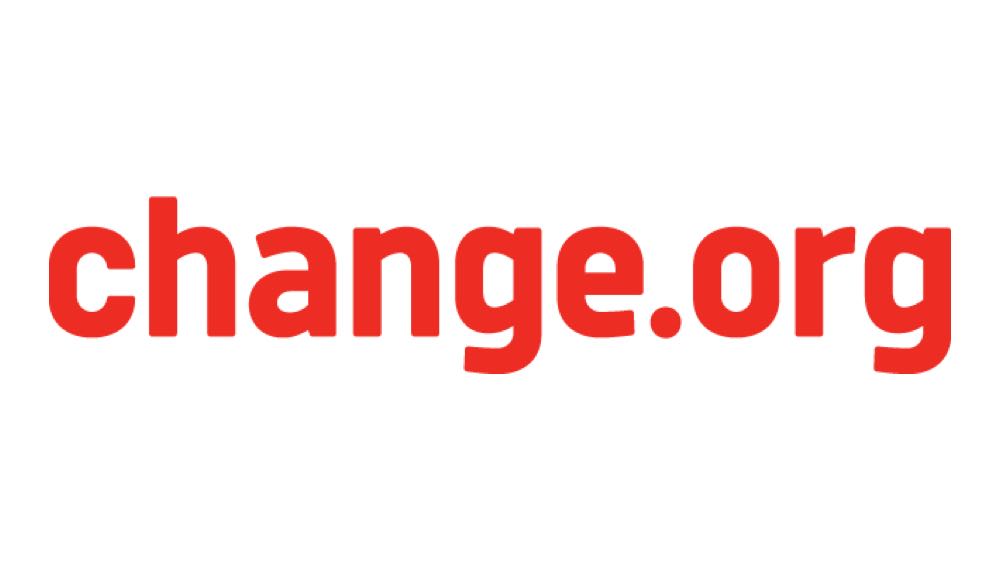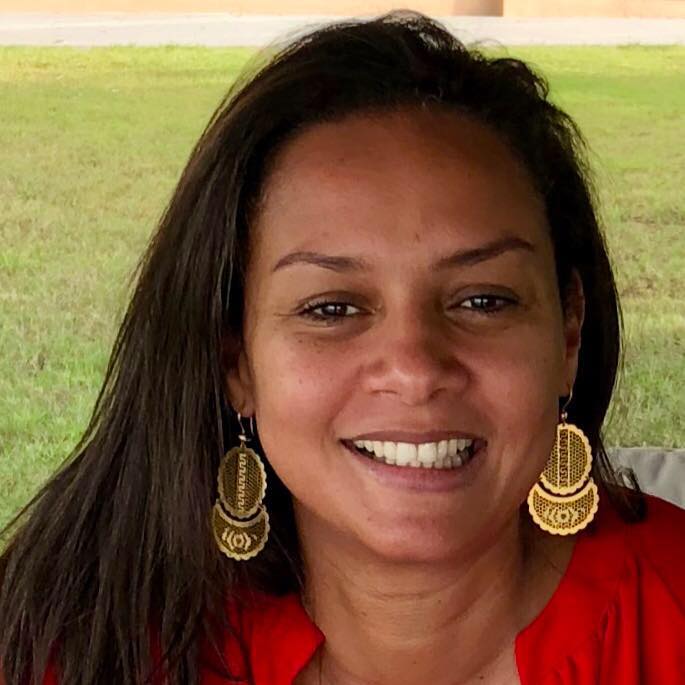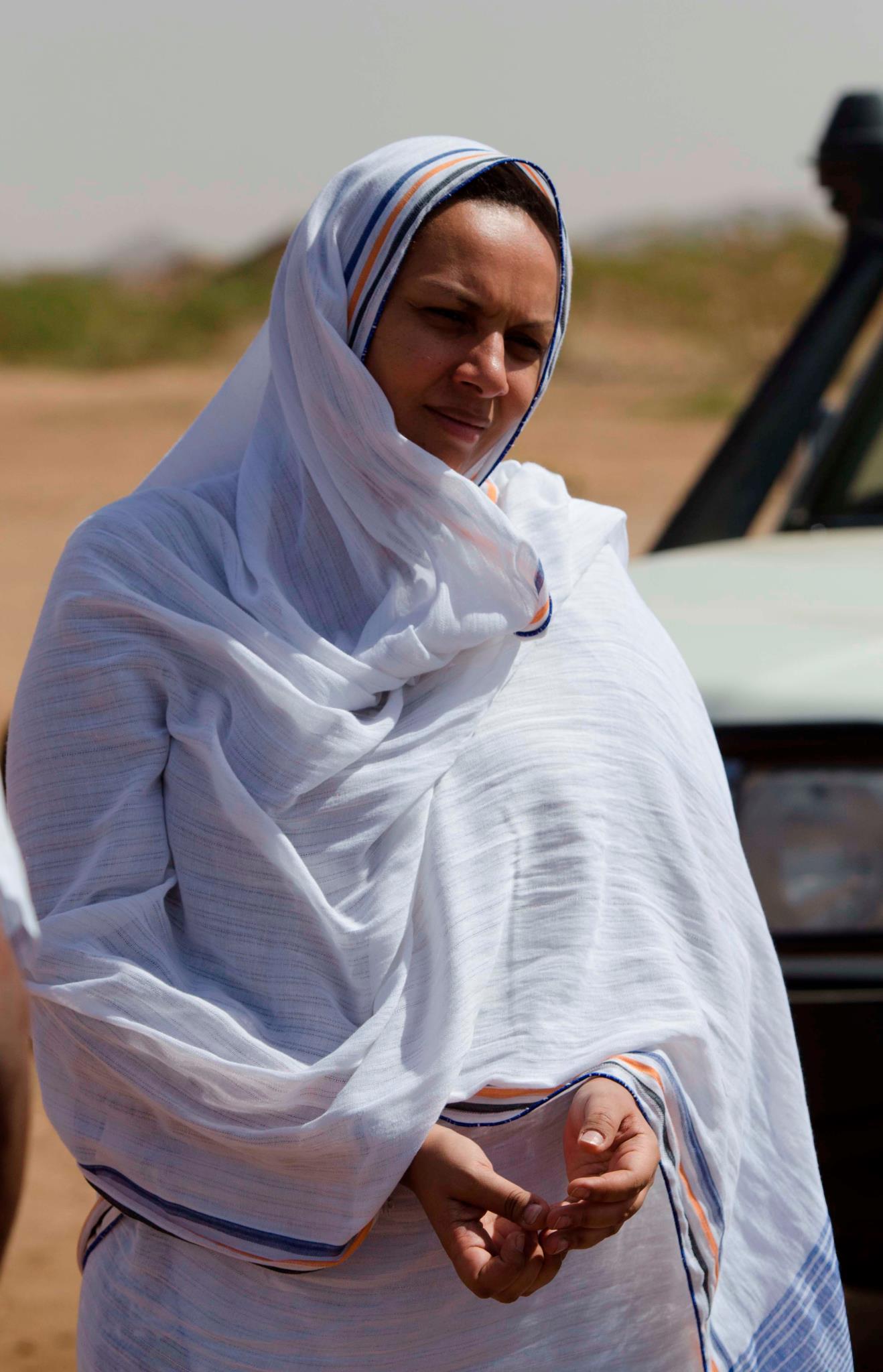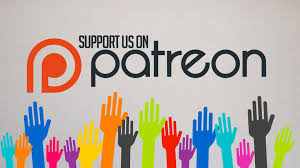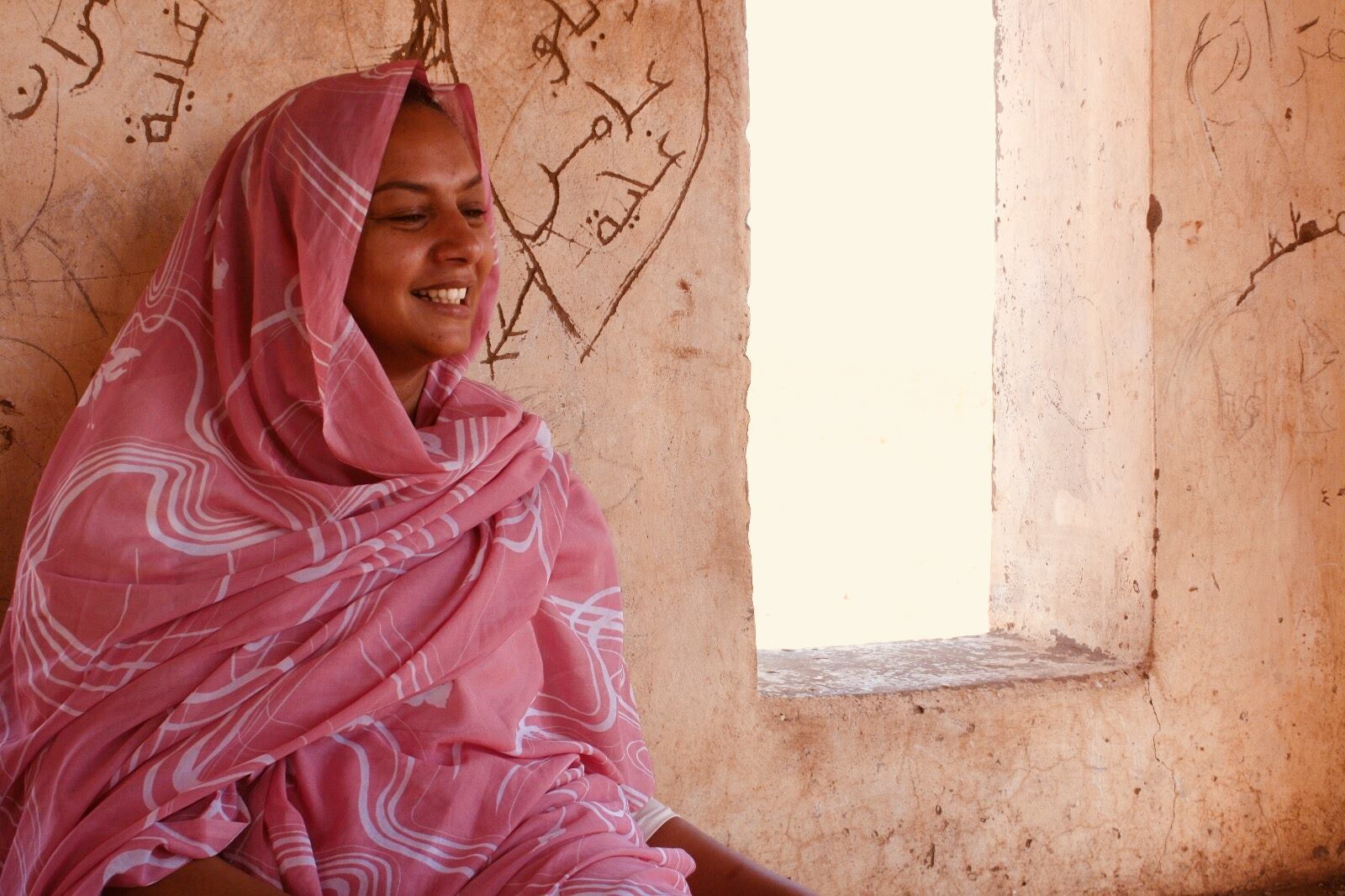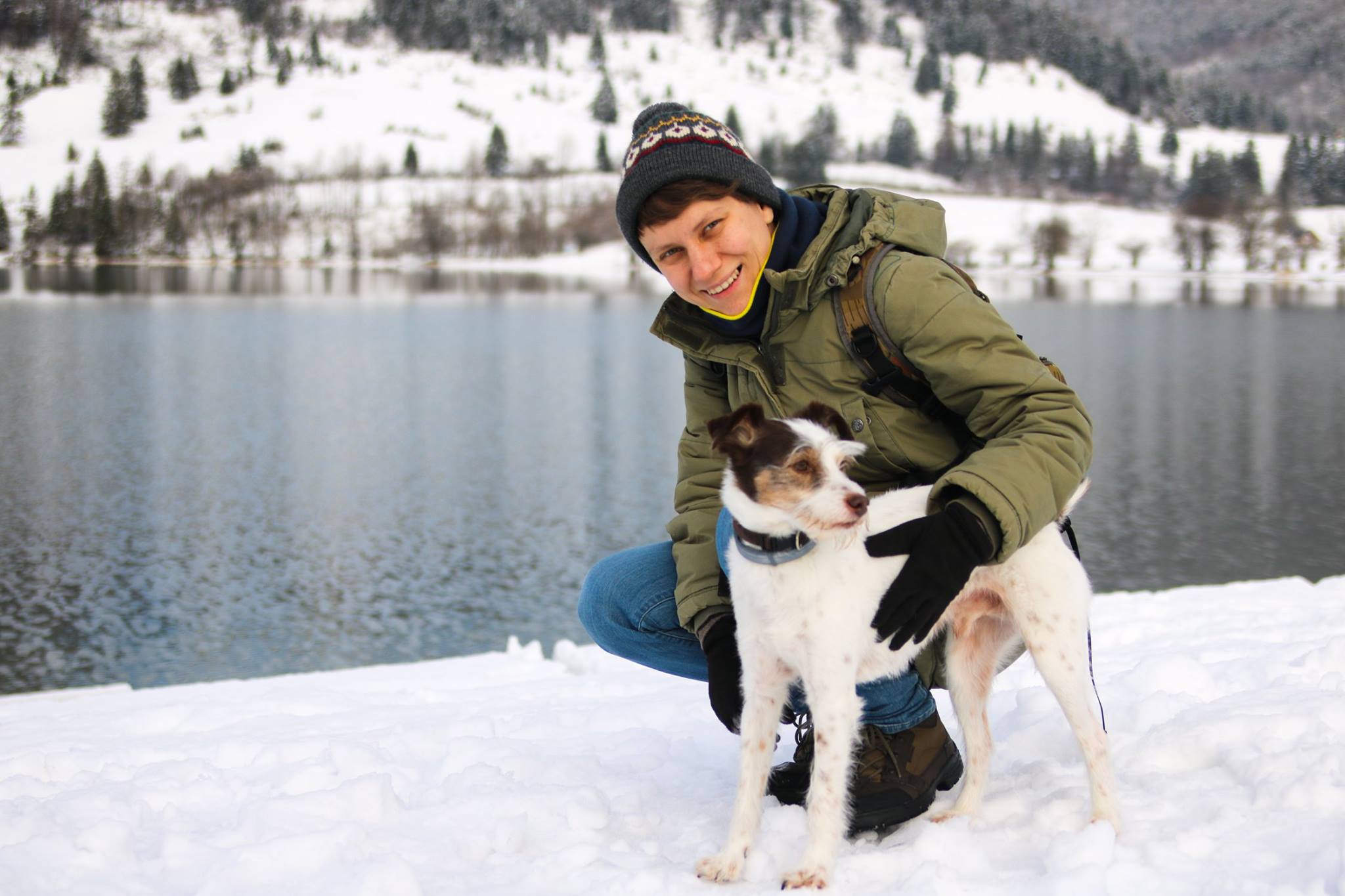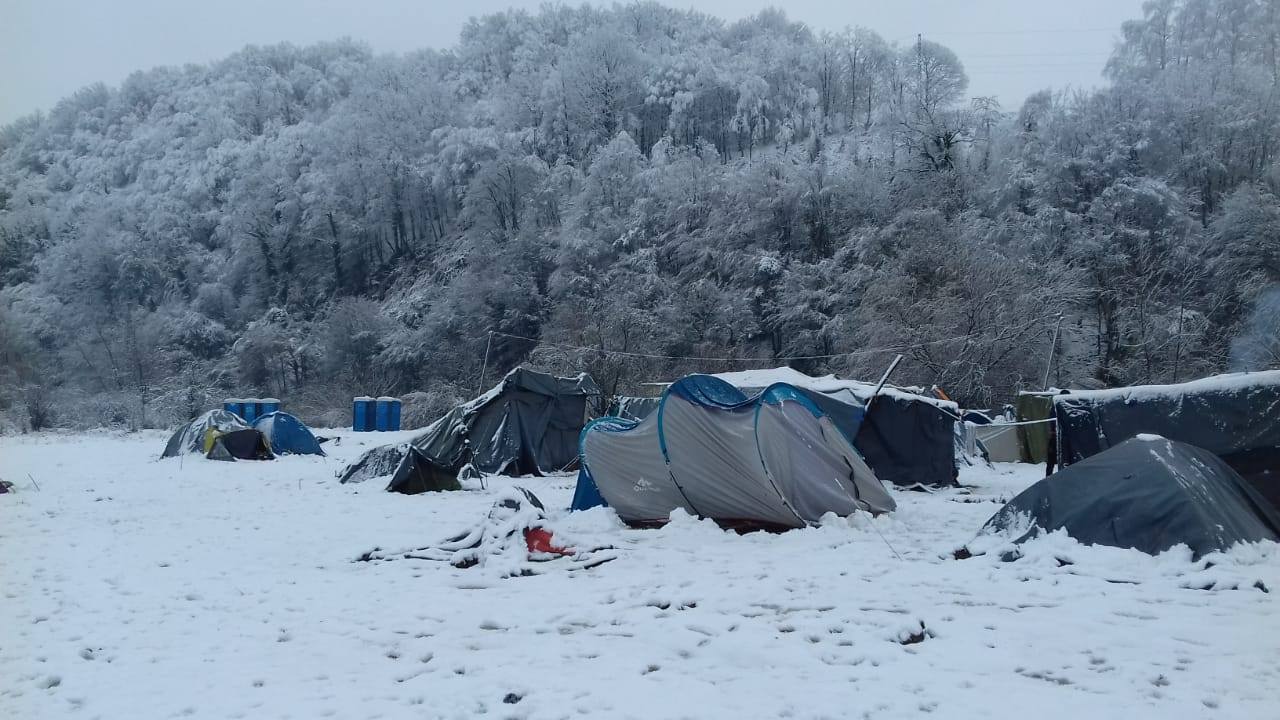This re-release episode closes with a short update interview with Abdul, completed in November of 2020. The original show was published in December of 2018.
The update-interview starts at 59:18.
Abdul Saboor worked with the US military in Afghanistan before having to flee the country after receiving death threats and having several friends and family members killed by the Taliban. What followed was an overland odyssey across Pakistan, Iran, Turkey, the Balkans, and back and forth across the EU, until he was able to claim asylum in France, where he currently lives. Along the way he endured prison, forced labor, beatings, deportations, and kidnapping. His is one of the more remarkable stories of resilience that I have come across in my years of traveling and working in the Middle East and anywhere else in the world. And he’s an amazing photographer.
We were connected by the people at No Name Kitchen, a Spanish NGO that provides food, sleeping bags and supplies, and a community space for the growing numbers of refugees stuck in Serbia and more recently in Bosnia.
Abdul recommends that you support the following organizations working in Calais:
The Wood Yard
Refugee Community Kitchen
L'Auberge des Migrants








